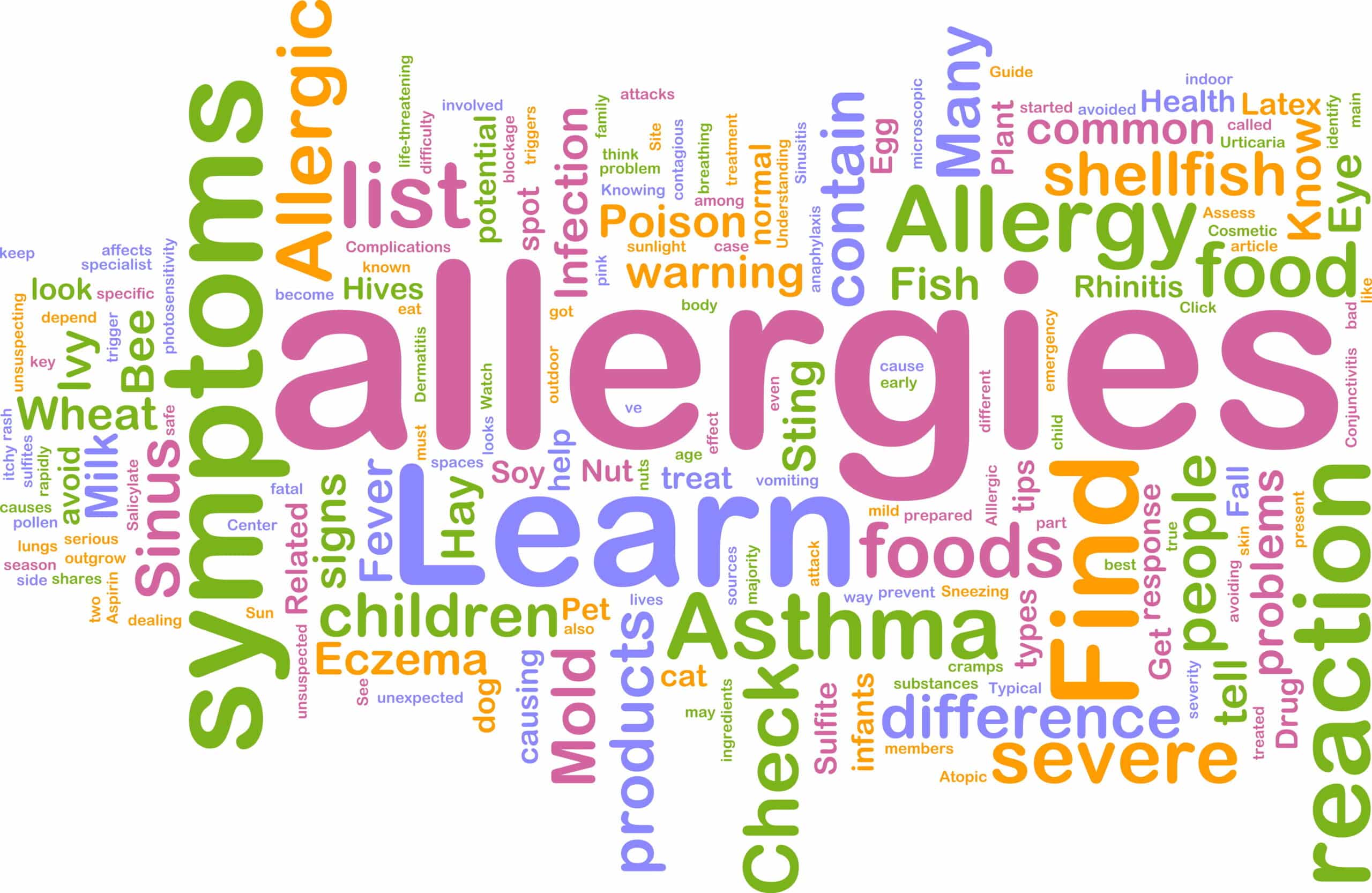Food allergy is a significant health concern affecting approximately 8 percent of children and 10 percent of adults in the U.S. Currently, recommended food allergy management involves strict avoidance of the offending food and ensuring ready access to epinephrine. This poses a great challenge for patients and families as it can impair quality of life, impose financial burdens, and potentially result in life threatening anaphylaxis following accidental ingestion.
In 2020, the FDA approved Palforzia®, a drug product from peanut flour, for use in OIT, making it the first approved treatment for patients with peanut allergy, ages 4-17 years.
“With the ongoing expansion of oral immunotherapy offerings and additional therapies on the horizon, it is important to ensure equitable access to all treatments for food allergy,” said senior author Ruchi Gupta, MD, MPH, a pediatrician and food allergy researcher at Ann & Robert H. Lurie Children’s Hospital of Chicago and Professor of Pediatrics at Northwestern University Feinberg School of Medicine. “The latest epidemiological data indicates that approximately half of US food-allergic children are either Black, Hispanic/Latinx, or multi-racial, populations which have historically encountered greater barriers to specialty care owing to lower socioeconomic status. It is critical that we reach these children and create greater awareness of oral immunotherapy, so that they too can benefit from recent advances in food allergy treatments.”
Surveys were completed by 781 respondents from all 50 states. Respondents were required to report a physician-diagnosed food allergy to be eligible for the study.
“Our Community Access Initiative strives to understand barriers like the one found in this study and develop the programs and resources to address the need,” said Anita Roach, MS, FARE, VP of Community Programs & Education. “Income and level of education should not be a factor in access to food allergy care or support.”
This work was supported by FARE, the largest private funder dedicated to Food Allergy Research & Education.




